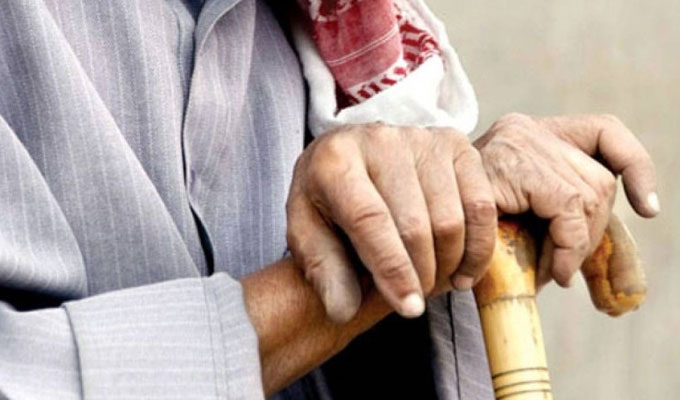The Middle East is home to a diverse and dynamic population, with a rich cultural heritage and a rapidly evolving socio-economic landscape. However, amid these changes, the rights of older people often receive insufficient attention. In Bahrain, the plight of older citizens presents a pressing issue that demands urgent action.
Older people in Bahrain often have to deal with several issues, from access to healthcare systems and maintenance of their economic security and independence to fighting social isolation.
Starting with the difficulties in accessing healthcare infrastructures, regardless of the significant investments made by Bahrain in its healthcare systems, equal and specialised care is not always ensured for older people. Despite chronic diseases, mobility challenges, and the demand for long-term care being more common among the elderly, there is a noted shortage of geriatric specialists and comprehensive geriatric care programs.
Secondly, as reported in a 2018 study conducted by the Bahrain Center for Studies and Research, around 40% of elderly people expressed concerns about their financial security and the adequacy of their pensions. As for the latter matter, pensions are indeed provided by the General Organisation for Social Insurance (GOSI). However, they are often deemed insufficient to cover the recently rising living costs, leading to an increase in the number of older people being financially dependent on their families in Bahrain.
Social isolation is another critical issue faced by older people in Bahrain. According to a 2020 study of the Bahrain Human Rights Society, 27% of the elderly admitted feeling isolated or lacked adequate social support, negatively influencing their mental and emotional health.
It is important to highlight that certain steps have already been taken by Bahrain to guarantee the full enjoyment of human rights by older people. Among other initiatives, the majority mainly led by the Ministry of Labour and Social Development, the establishment of the National Committee for the Elderly is representative of the country’s commitment. The main role of the committee is to develop policies and programs addressing the needs of the elderly population ensuring a comprehensive strategy.
The implementation of Law No. 58 of 2009 on the rights of the elderly aiming at ensuring them access to social, health, and recreational services, further represents an attempt of the country to protect the rights of older people. While, more recently, further initiatives focusing on enhancing geriatric care have been included in the strategic plan for 2016-2025 elaborated by the Ministry of Health.
At the same time, the need to fill the gap between policies and practice remains: further enhancement to guarantee comprehensive support and inclusion in several areas is still needed. More comprehensive laws addressing specifically elder abuse, discrimination, and the right to accessible services are needed to strengthen legal protections for older individuals. Expanding geriatric care, including specialised training for healthcare professionals and better home-based care infrastructure, is essential for ensuring adequate medical attention and long-term care.
Revising and enhancing the pension system is crucial for the financial security of the growing elderly population. Implementing accessible programs that promote social engagement can mitigate the risks of social isolation and improve overall well-being.
By addressing these challenges and building on existing frameworks, Bahrain can further ensure that its older population is protected, valued, and supported in their later years.





